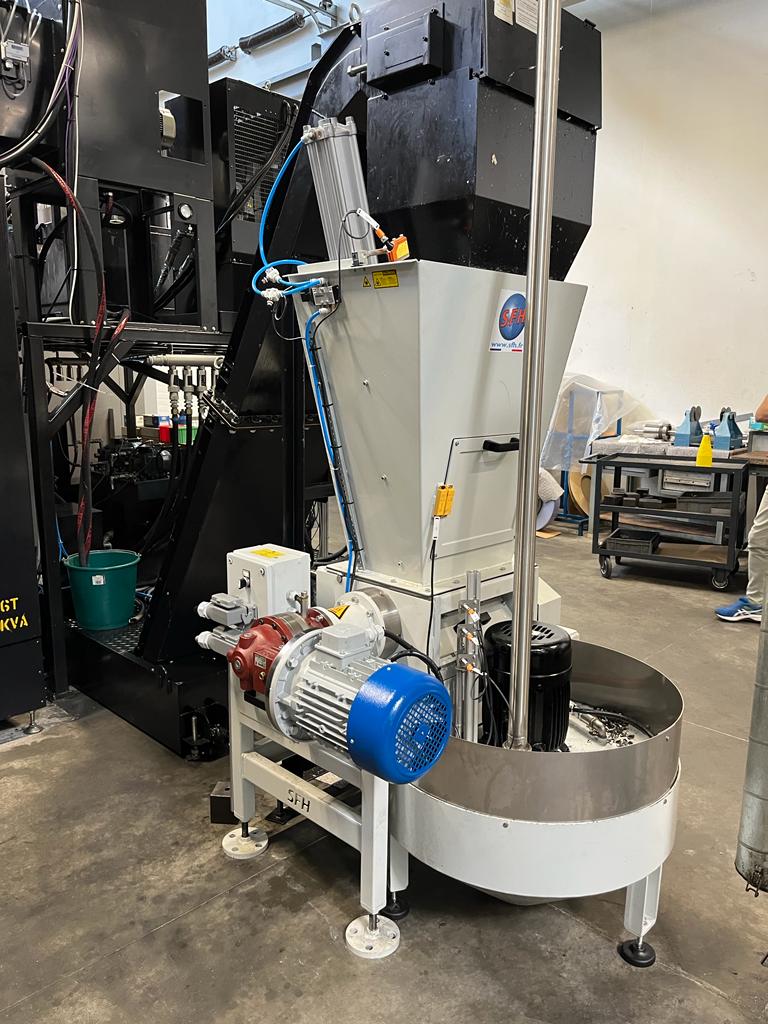Centralized Filtration of Machining Lubricants: The Benefits!
1. Better quality of your machined parts
Clean cutting fluid ensures consistent and accurate quality. Central filtration systems effectively removes impurities such as chips and grinding sludge, preventing surface defects during machining and improving roughness. Good filtration on your machining centers contributes directly to the overall quality of the parts you produce.
2. Longer life for your cutting tools
Abrasive particles such as swarf and sludge contained in an unfiltered emulsion are a major cause of tool wear. So is the health of your filtration bath. By ensuring continuous filtration, companies can significantly extend the life of tools and emulsion baths, by keeping the fluid clean. This reduces the costs associated with replacing tools and emulsion baths due to bacterial or fungal growth.
3. Reduced maintenance costs
Centralized filtration systems enable pollutants (swarf or grinding sludge) to be grouped together at a single point and offer a unitary filtration solution, avoiding the need to manage multiple filters and types of filter media. Daily maintenance is greatly simplified, with a single concentration control point in the case of emulsion machining processes. In the case of individual filtration units for each machining center, turning center or grinding center, each additional machine means an additional check and additional spare parts references.
4. Improved health and safety
Unfiltered emulsions can become a breeding ground for bacterial proliferation, leading to unpleasant odors and health risks. Optimum filtration maintains fluids in ideal conditions, improving operator comfort and safety.
5. More efficient cost management
By centralizing filtration, companies can standardize emulsion management, reducing waste and extending emulsion life. This strategy reduces the costs associated with renewing emulsions and optimizes resources.
6. A responsible environmental approach
Reducing waste and the need to renew cutting fluids helps to minimize the environmental footprint of machining activities. This sustainable approach meets growing expectations in terms of eco-responsibility.
7. Enhanced productivity
Thanks to centralized filtration, maintenance downtime is reduced to a minimum. Operators can concentrate on their core tasks, improving workshop efficiency and profitability.
Conclusion
Adopting centralized lubricant filtration is a strategic investment for any machining company wishing to optimize its processes. This type of solution brings tangible benefits in terms of quality, economy and durability, while improving working conditions. To find out how to integrate this type of solution into your production tool, contact SFH and/or find out more about our achievements here.


